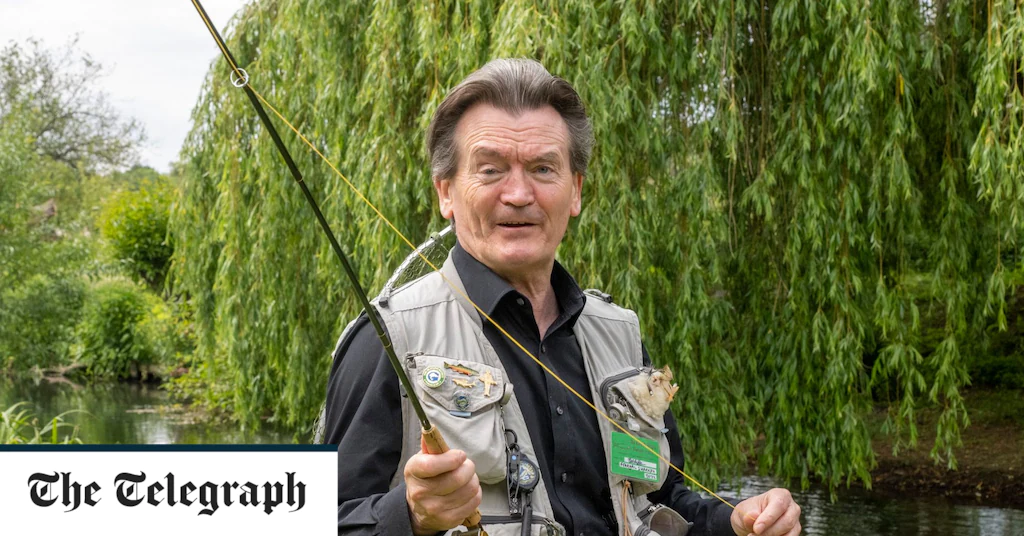“The question becomes – how far are you prepared to go to protect and preserve it, and make sure it’s still here another 8,000 years from now,” he says.
This question has turned a lifelong love for fishing into a fervent campaign, beginning in the 1990s, when Sharkey and his fellow club members sought to work out why their beloved River Lea was disappearing entirely.
It took 20 years of fruitless investigation and campaigning for the problem to be found and solved – too much water was being diverted down a flood relief channel – and the river is an “awful lot better” than it was five or six years ago, he says.
The experience opened up a whole world of mismanagement, underinvestment and the failure of regulation. Not one of Britain’s rivers is in good health.
The next big issue, he says, is water shortages. London faces becoming one of the world’s most water-stressed cities, with a growing population and over-abstraction from chalk streams putting supplies in the South East under considerable pressure.
A 2017 report by the London Resilience Forum and Thames Water warned that drought was a “real and present threat to the capital”, while a 2018 study by Oxford University researchers concluded that the city faces “frequent and severe” water shortages, and should fix leaks and more efficiently recycle water in order to lessen the potential impact.
Risk of running out of water
In a 2020 report, the National Audit Office warned that “if more concerted action is not taken now, parts of the south and south east of England will run out of water within the next 20 years”, while the Committee on Climate Change identified water shortages as one of the five “priority risks” facing the UK.
“That’s the thing that’s going to tip the scales. That’s the proper big one. Because when people start turning their taps on and there’s no water coming out of it, now you’ve really let the cat out of the bag.
“There’s no more kicking the can down the road. And it’s nothing to do with the environment. 25 million people in London and the southeast are now getting perilously close to running out of drinking water.”
His background in regulation (he was a member of the Radio Authority between 1998 and 2003) means he has a plan.
Water should be regulated like broadband or energy, with the infrastructure centrally controlled and expanded, but local suppliers opened up to direct competition, he says, rather than the regional monopolies that currently exist.
“Then you’ve got a choice as a consumer – you can deal with that multinational greedy bastard over there, who’s going to take every penny out of the environment they can get away with, or this other company that’s going to give them a bit of competition, provide a different service,” he says.
He is scathing on environmental charities, which he says should stop engaging with the Government.
“Whatever you’ve been doing for the last 30 years hasn’t helped. It has failed. It’s a pretty shameful end of the year report card for the environment lobby.”
Credit: Source link






























